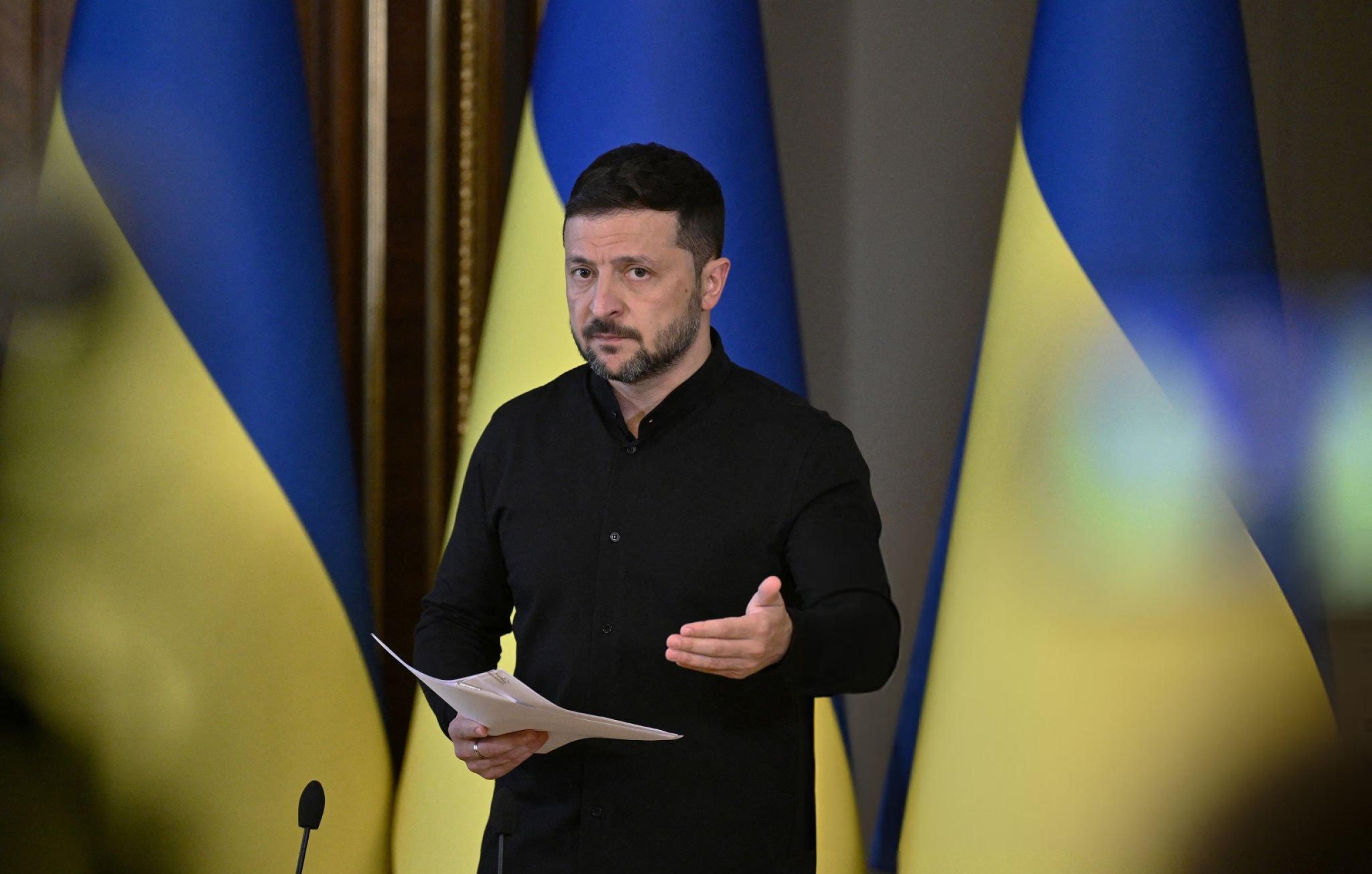Russia has claimed the capture of two settlements in eastern Ukraine as direct peace talks between Kyiv and Moscow are poised to resume in Istanbul, for the first time since early 2022.
The Russian Defence Ministry said its troops had taken control of Novooleksandrivka, a village located near the strategic logistics hub of Pokrovsk, and Torske, a settlement northeast of the current front line, close to Sloviansk and Kramatorsk — both key objectives for Moscow in its long-term campaign.
Ukrainian authorities have not confirmed these territorial losses, and General Oleksandr Syrskyi, Commander-in-Chief of Ukraine’s Armed Forces, maintained that heavy fighting was ongoing across a vast 1,100-kilometre stretch of the front. He also reiterated Ukraine’s desire for a “just peace” while acknowledging the toll of what he described as a grinding war of attrition, with Russia amassing up to 640,000 troops across the front line.
Friday’s negotiations in Turkey mark a significant diplomatic development, though expectations remain subdued. Ukrainian President Volodymyr Zelensky has criticised Russia for not engaging sincerely in the peace effort, accusing the Kremlin of dispatching a “theatre prop” negotiating team rather than serious diplomatic envoys.
Mr Zelensky, who travelled to Ankara for talks with Turkish President Recep Tayyip Erdoğan, insisted that Ukraine was determined to de-escalate the conflict. He has appointed Defence Minister Rustem Umerov to lead Ukraine’s delegation in the Turkish-hosted negotiations, which he hopes could “at least begin the first steps toward a ceasefire”.
In contrast, Russian President Vladimir Putin has declined to attend the talks personally, a move that Mr Zelensky said shows Moscow’s reluctance to engage seriously in ending the war. Kremlin spokesperson Dmitry Peskov confirmed that Putin had no plans to travel to Turkey in the coming days.
The Russian negotiating team will be headed by presidential aide Vladimir Medinsky, who stated on Thursday that they would be ready to meet their Ukrainian counterparts from 10am on Friday. Medinsky claimed the aim of the dialogue was to reach “long-term peace” by addressing what he called “the root causes” of the conflict.
The lack of high-level presence on the Russian side has raised scepticism among Western observers. Speaking in Antalya, Turkey, US Secretary of State Marco Rubio said he would meet with both Ukrainian representatives and Turkish Foreign Minister Hakan Fidan. However, he stressed that real progress would likely only come from direct talks between Presidents Trump and Putin.
“We’re not expecting any breakthroughs tomorrow,” Mr Rubio told reporters. “Frankly, it’s increasingly clear that until President Trump and President Putin sit down together, this war will not see an end.”
Former US President Donald Trump echoed this sentiment from Doha, where he is currently on a tour of the Middle East. Addressing journalists aboard Air Force One en route to Abu Dhabi, Trump said, “Nothing will move until Putin and I sit across the table. Too many lives are being lost, and we must bring this to an end.”
The war, now well into its third year, has claimed tens of thousands of military lives on both sides and more than 12,000 Ukrainian civilian casualties, according to the United Nations. Despite repeated international calls for a ceasefire, Moscow continues to push forward with renewed offensives in the east.
At least five civilians were killed and 29 injured in the last 24 hours, Ukrainian regional officials said, amid Russian strikes in five eastern oblasts.
The diplomatic flurry began over the weekend, with European leaders gathering in Kyiv to press for an immediate 30-day ceasefire. Putin’s subsequent suggestion of talks in Istanbul was seen as a cautious step forward — albeit one undermined by his own absence.
Whether Friday’s meeting yields progress or falters in the face of continued mistrust remains to be seen. For now, both armies remain entrenched in a devastating and uncertain conflict.






